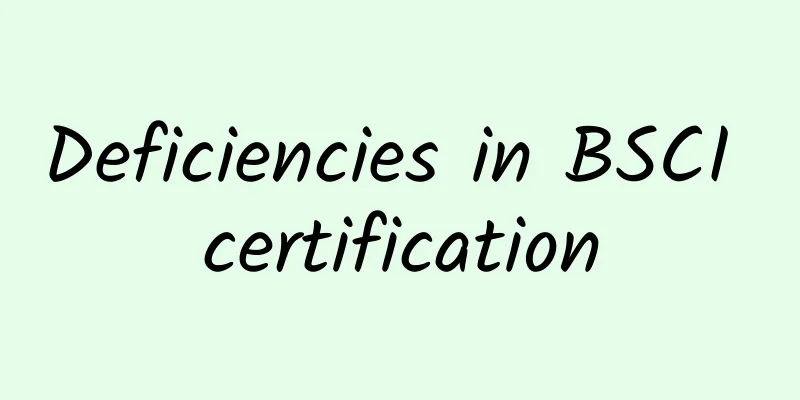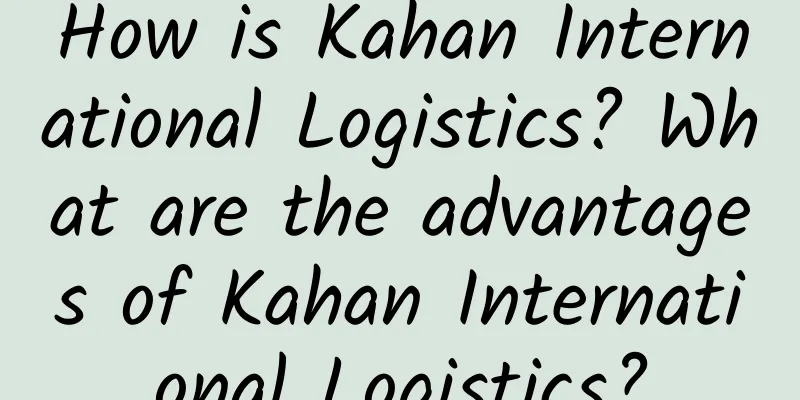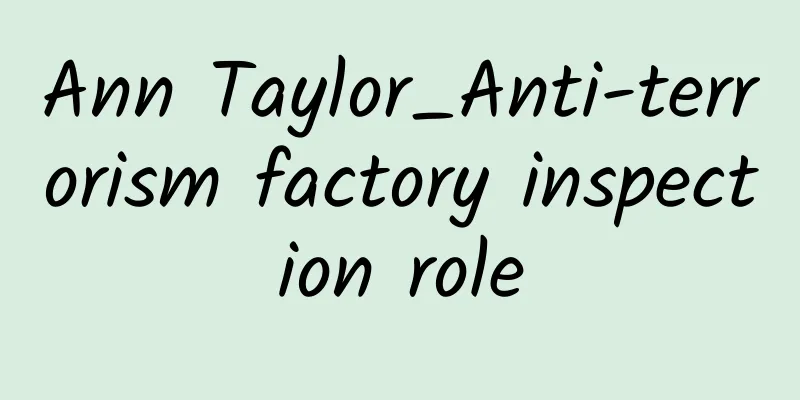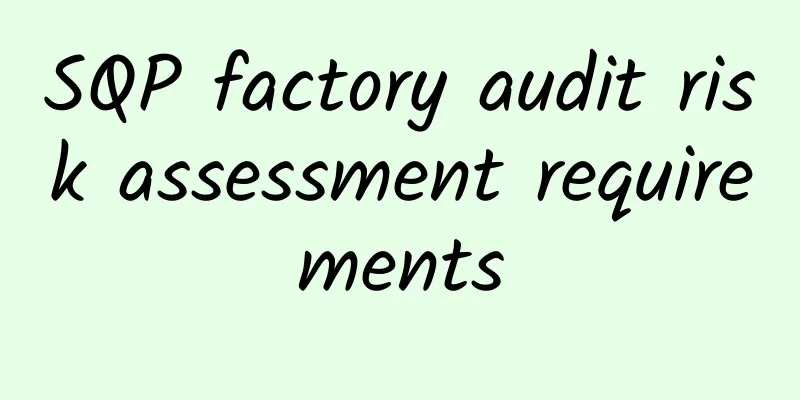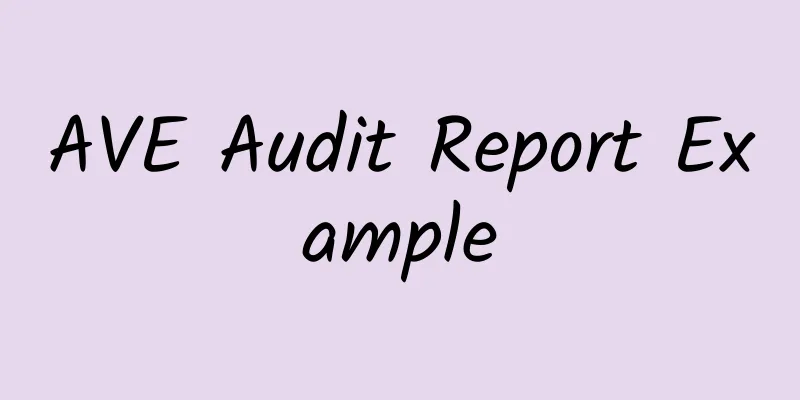Reasons and developments after the establishment of WRAP certification

|
Reasons and developments after the establishment of WRAP certification More than three years ago, the sewing industry began a process to demonstrate its commitment to responsible business practices and ensure that clothing is produced under legal, humane and ethical conditions. This process extends beyond clothing production to include retailers, human rights groups, public interest organizations, development agencies and empowerment groups. The first result of this process was the development of the Principles for Responsible Apparel Manufacturing - basic standards for labor practices, factory conditions, the environment and customer requirements. They were endorsed by the full AAMA Board of Directors in 1998. Recently, WRAP was adopted by representatives of apparel industry groups from 18 countries around the world (see endorsement). Support for the Principles grows every month from consumers, manufacturers, and governments around the world. Recently, WRAP was adopted by producers in Hong Kong, Sri Lanka, and Guatemala. In November 2001, WRAP welcomed the support of Turkish textile and apparel producers. In order to join the WRAP principles, many production association members and production companies actively participate in the WRAP certification program. The WRAP certification program is the only independent, globally supported factory certification program that requires producers to adhere to the 12 WRAP production principles to ensure that workplace conditions are safe and healthy and that workers' rights are guaranteed. As of November 2003, WRAP has more than 700 international manufacturers, 1,300 factories have participated in the program, and 570 factories have been certified. The certification is valid for 12 months, and all participating factories must accept unannounced spot checks required by the certification program. Many manufacturers believe that WRAP certification not only helps to make social commitments more reliable, but also helps to promote production capacity, reduce personnel turnover, promote communication between management and employees, make working conditions safer and improve employee enthusiasm. Today, WRAP certification has been recognized by many retailers and manufacturers as the most reliable and cost-effective factory coordination system that can ensure legal, ethical, and humane production. The WRAP Global Good Factory Accreditation Mark will continue to develop and be accepted by more and more sewn product manufacturers, retailers and governments around the world. |
>>: 2013 Latest Standards - Walmart High-risk Project Recruitment Violations
Recommend
Cross-border Practical Knowledge | Sequoia Capital
What is Sequoia Capital? Sequoia Capital has offi...
What is Campaign Monitor? What are the features of Campaign Monitor?
Campaign Monitor is a global technology company t...
What is Dealmoon? What is the development history of Dealmoon?
What is Dealmoon ? Dealmoon is the largest biling...
eBay Changsha Cross-border E-commerce Comprehensive Pilot Zone Cooperation
Hunan: A strong cross-border e-commerce atmospher...
A way out for traditional textile and garment export enterprises
Focus on both international and domestic markets ...
Timberland factory inspection violation examples
Timberland factory inspection violation examples 1...
What is Silu.com? How can enterprises connect with Silu.com?
Si Lu is affiliated to Beijing Yishang Liandong I...
Which textile certifications are suitable for the European market?
Nowadays, many textile companies choose third-par...
Sears and K-mart factory inspection details
Sears and K-mart factory inspection details Intro...
What are the Matson Clippers? Why are they so fast?
What are the Matson Clippers? Matson Express was ...
What is Dianxiaomi? Is there any charge for using Dianxiaomi?
What is Shop Secret? Dianxiaomi is a SaaS system ...
ICTI Training Manual (I)
Brief description Training content ü Explain some...
What issues should eBay return sellers pay attention to?
When eBay sellers receive a return request from a...
ICTI approved audit company
ICTI approved audit company Audit Company Technic...
What is FunMart? What is the process of joining the FunMart platform?
What is FunMart? FunMart is affiliated to Hangzho...


